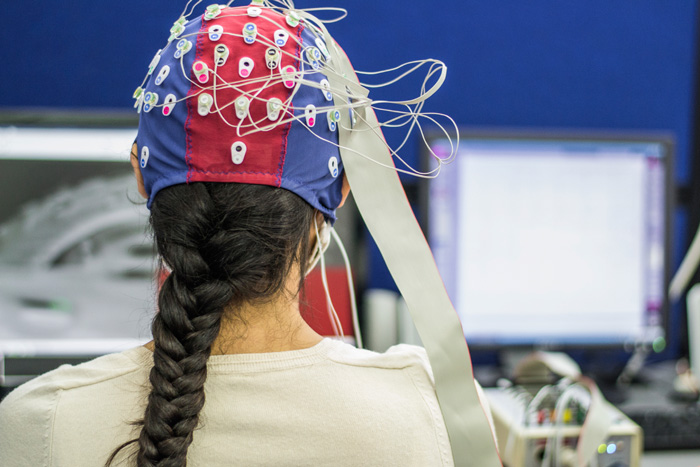Neurotherapy for Childhood ADHD
ADHD—attention deficit hyperactivity disorder—is a complex neurodevelopmental disorder whereby the brain has developed differently leading the sufferer to experience difficulties remaining attentive or still, and also difficulties with self-control – which can make home life, school, friendships, and relationships challenging.
It’s not clear what causes the brain differences of ADHD, but there are arguments that it is inherited from a parent or relative.
Symptoms of ADHD are difficult to spot as most children may exhibit some of all of these symptoms mildly at some point in their childhood. The persistent presence of some of these symptoms may indicate that your child has ADHD:
- Interrupting, trouble waiting their turn, and inability to put another child first.
- Impulsivity
- Emotional outbursts and/or anger
- Hyperactivity
- Fidgeting, squirming or a general inability to sit still
- Starting – but not finishing – many tasks, chores or projects
- Avoiding tasks that will require mental concentration (e.g. homework)
- Lack of focus, daydreaming, easily distracted
- Trouble being organized, forgetfulness

Many children learn these skills as they age, so it’s common for an ADHD diagnosis to be made around the age of 7, when it becomes apparent that these skills are not being learned. A diagnosis of ADHD can be frightening and overwhelming for parents, but understand that diagnosis is the first step to finding the right treatment, and over time, the symptoms can improve when the right treatment is found.




